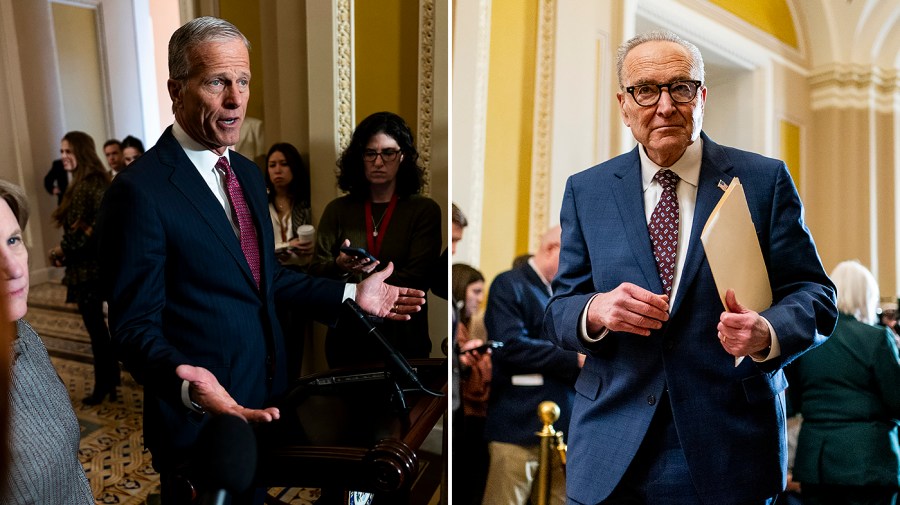
Senator Rand Paul and public health expert Katelyn Jetelina have raised significant concerns regarding the current state of public health policies in the United States. Their commentary, featured in The Conversation, highlights the challenges that the country faces in managing ongoing health crises, particularly in relation to the COVID-19 pandemic.
The discussion comes at a crucial time, with health officials and policymakers grappling with the implementation of effective strategies to protect public health. As of January 2024, the U.S. is still navigating the complexities of a post-pandemic environment while addressing the lingering impacts of the virus on various communities.
Examining Policy Implications
In their article, Paul and Jetelina emphasize the need for a reassessment of current health policies. They argue that existing frameworks may not adequately address the evolving landscape of public health challenges. The authors call for a more flexible and responsive approach to health policy, one that can adapt to emerging data and changing circumstances.
Paul, who has been a vocal critic of certain public health measures, stresses the importance of balancing individual freedoms with collective safety. He points out that while some restrictions have been necessary during the pandemic, there should be a clear path toward lifting those measures as conditions improve.
Jetelina, a respected figure in health policy research, complements this viewpoint by advocating for evidence-based decision-making. She suggests that health policies should be grounded in robust scientific research to ensure they effectively serve the public interest. Her focus on data-driven strategies aligns with the growing demand for transparency and accountability in health governance.
Impact on Communities
The implications of their discussion extend beyond theoretical policy debates. Vulnerable populations, including low-income communities and those with pre-existing health conditions, have been disproportionately affected by both the pandemic and public health measures. Paul and Jetelina highlight the necessity of tailoring responses to meet the specific needs of these groups.
By addressing these disparities, the authors believe that public health initiatives can become more inclusive and effective. They emphasize that successful health policy must consider social determinants of health, which play a critical role in shaping health outcomes.
As the United States continues to confront the ramifications of COVID-19, the insights provided by Senator Rand Paul and Katelyn Jetelina offer a compelling framework for future discussions. Their call for a balanced, evidence-based approach to public health is timely, underscoring the importance of adaptability in health policy.
In conclusion, the collaboration between a legislator and a health expert highlights the intersection of politics and public health. It serves as a reminder that effective health policy requires ongoing dialogue and collaboration among stakeholders at all levels. As the nation looks ahead, the recommendations from Paul and Jetelina could significantly influence the trajectory of health policy in the years to come.






